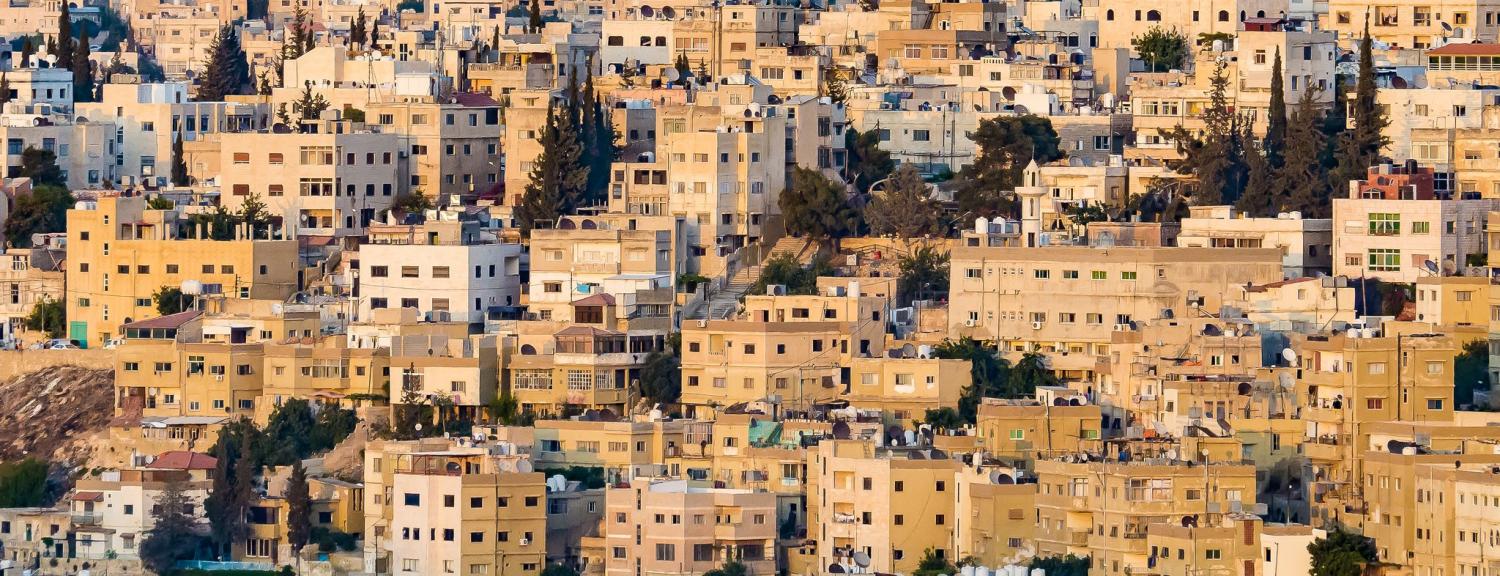Jordan, unlike much of the Middle East, has been a beacon of stability in the region for decades. The Kingdom has previously faced significant economic threats, but it’s always managed to postpone addressing its structural problems and kicked this debate down the road.
But rising challenges within and adjacent to the Kingdom are a sobering reminder that many of Jordan’s problems cannot be ignored forever. High unemployment, increasing taxes, rising radicalisation, and the prospective defeat of Islamic State in Syria and Iraq all could have serious repercussions for the stability of Jordan and the survival of its government.
Compounding Jordan’s problems has been the huge number of refugees that the country provides refuge to and integrates into its social and economic fabric. Jordan is known as the 'shock absorber' of regional conflicts, a role it has perfected after hosting Palestinians, Lebanese, Libyans, Iraqis, and, now, Syrians. On a per capita basis it is one of the world’s largest hosts of displaced people. However, the latest refugee wave could be the straw that breaks the camel’s back. Providing basic humanitarian needs for Syrian refugees is a relatively straightforward task. Dealing with the necsocial and economic integration and the spillover of ideology and combatants is the more serious threat.
In addition to being a major host of displaced people, Jordan is also one of the biggest per capita exporters of foreign fighters to Iraq and Syria. As the Iraqi central government and its allies move closer to eliminating Islamic State’s hold on Mosul, and the Syrian government and its international backers press on to Raqqa, many of Islamic State’s Jordanian fighters might migrate home. As Islamic State moves from an organisation with territorial existence providing a centralised location for its sympathisers and supporters to govern and wage their wars over territory, to a de-centralised network of former fighters spread across the world, Jordan seems a likely candidate to feel some heat.
Islamic State fighters and preachers will land on fertile ground. Jordan is home to some of the most prominent Jihadi leaders, boasting significant followings in periphery cities. The country witnessed an array of attacks by Islamic State militants last year and its press reported frequently on the arrests, trials, and failed plots of Jordanian and Syrian militants. Moreover, in a recent controversial speech that went largely unnoticed in western media, Jordan’s Chief Islamic Justice Ahmad Hilayel chastised Gulf leaders for not providing more financial support to aid the Kingdom in facing the ‘dangerous threats’ that are reaching a ‘boiling point’. The judge has since retired and his statements were viewed as hugely embarrassing for the Jordanian government. However, what is telling about his remarks is the mounting fiscal and security burden borne by the Jordanian government to meet its obligations towards its citizens and fulfil its security role to its allies. The two have never been so intertwined.
Economic downturns and crisis are not new for Jordanians, but these conditions are dire. As a percentage of GDP, the government's public debt has grown from 60% in 2008 to 93% in 2015. As Arab and Western aid to Jordan declines, its response has been to increase direct and indirect taxes on an array of commodities. This has increased unrest among Jordanians, already angry about corruption, dealing with high living costs, and with many struggling to find jobs (the unemployment rate is 15.8% (35.5% among 20 to 24-year-olds). Hilayel, the former chief judge, anticipated public attitude and warned the public not to take to the streets, as many voice their discontent on social media.
Even if Jordan manages to deter the exodus wave of radicalised fighters from Syria and Iraq and keeps its economy afloat, its structural economic problems and expanding jihadist influence could spell trouble for long-term stability.

